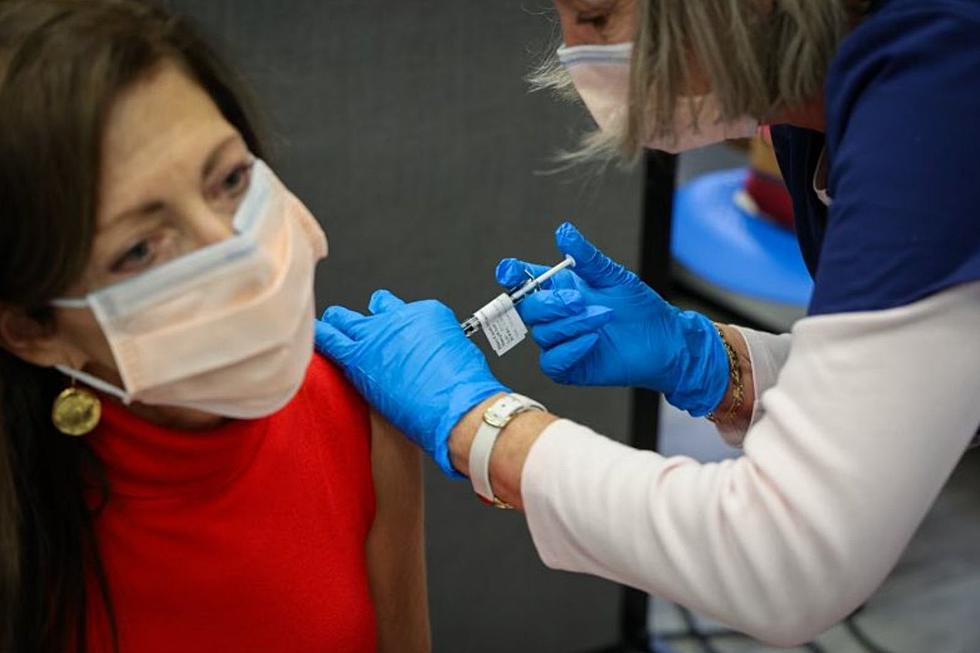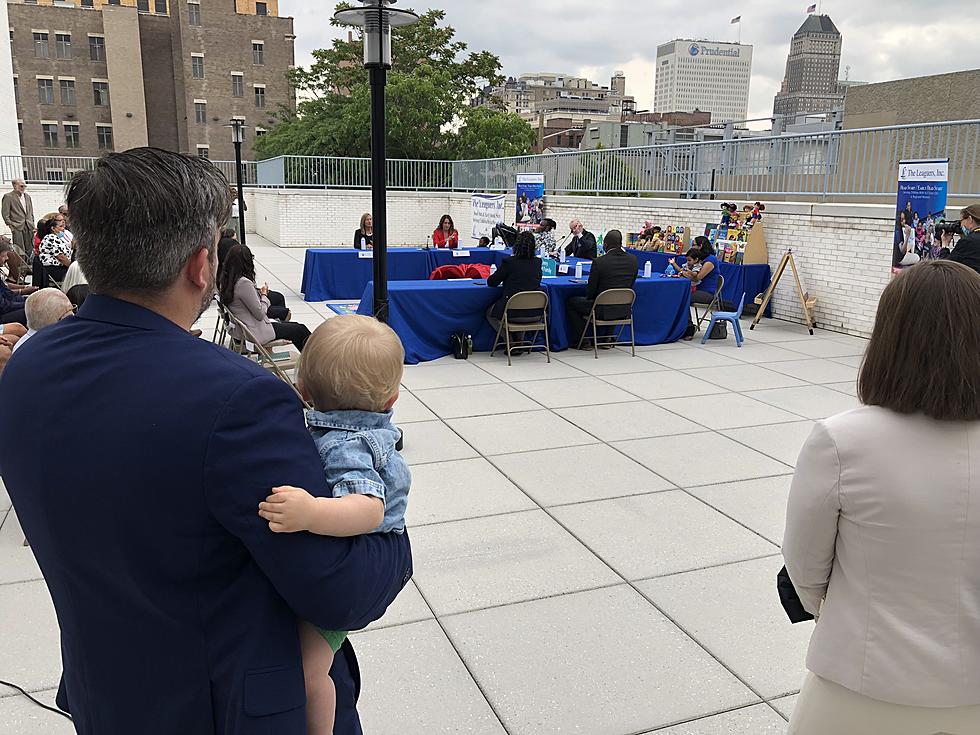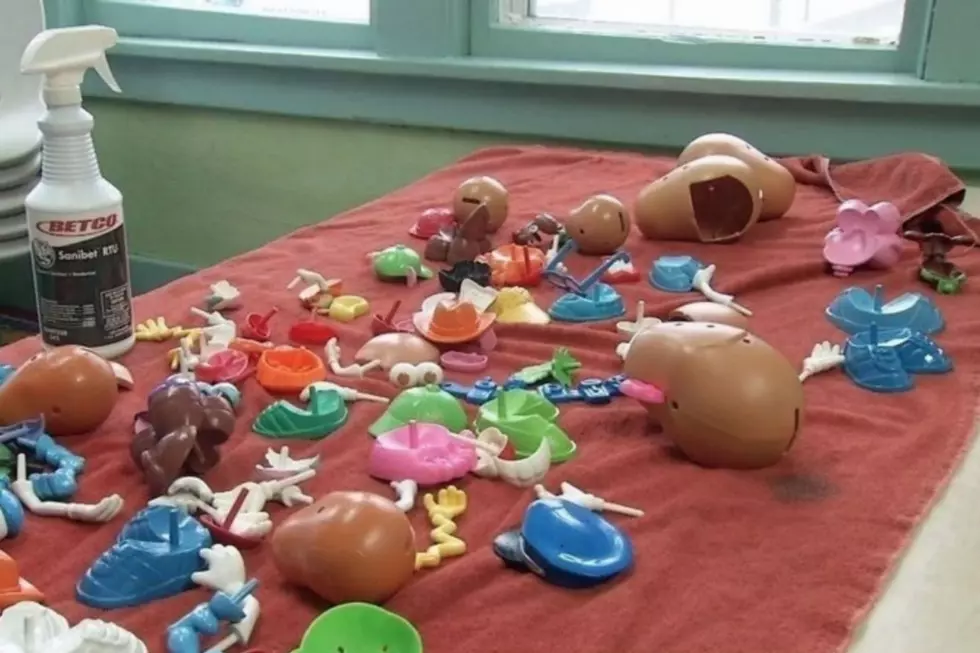
NJ’s new action plan for dealing with childhood adversities
The Murphy administration Thursday announced a statewide strategy to reduce childhood trauma and adversity and prevent such adverse childhood experiences, or ACEs, from causing lifelong social, physical, emotional and economic challenges.
The ACEs Action Plan was developed with support from philanthropic groups with input from families, community and legislative leaders and health care professionals. It will be run out of the Department of Children and Families’ Office of Resilience.
Dave Ellis, executive director of that DCF office, said the action plan was two years in the making and unlike anything else in the country.
“Preventing ACEs means changing lives,” Ellis said. “Literally changing the trajectory of generational adversity into people’s personal best.”
ACEs are traumatic events that can negatively impact a developing brain – bullying, racism, isolation, abuse, violence, addiction, separation from a parent. More than 40% of children are affected by such adversities a year, according to the action plan.
“We know that adversity can reshape a developing brain, literally transforming the architecture of neurons and neurotransmitters,” Children and Families Commissioner Christine Norbut Beyer said. “We know that adversity can seep into a family’s DNA, being passed down from generation to generation like some unwanted inheritance of toxic stress and trauma.”
Beyer said the COVID-19 pandemic itself is an adverse childhood event that could affect any child.
“We developed this action plan intended to disrupt the negative impact of ACEs and heal New Jersey residents from the effects of toxic stress and trauma,” Beyer said.
The action plan calls for gathering information about current efforts to address ACEs; meeting with non-governmental organizations to let them lead and contribute to the work; including communities directly impacted by ACEs in the design process; collecting data on the project so people can engage with it; and letting individuals impacted by ACEs know that an online community is available for them.
Gov. Phil Murphy said no single agency can handle the issue on its own and that cooperation will be necessary.
“This interagency statewide plan is integral to tackling childhood trauma before it manifests into negative health outcomes,” he said.

First Lady Tammy Murphy said ACEs and the stress they cause are “inextricably linked to New Jersey’s maternal and infant health crisis and so the action plan complements the Nurture NJ Maternal and Infant Health Strategic Plan announced last week.
“An adult who has experienced trauma in childhood is less likely to have learned healthy behaviors to cope with stress,” Tammy Murphy said. “They’re at a greater risk for certain chronic health conditions. They may engage in risky behavior. And ultimately the cycle is likely to repeat itself when they become parents themselves.”
“But now New Jersey has a plan to break the cycle of trauma and support children and adults who have experienced these ACEs,” she said. “This is really life-changing work.”

LOOK: 28 Modern Black History Makers & Moments
More From Beach Radio










